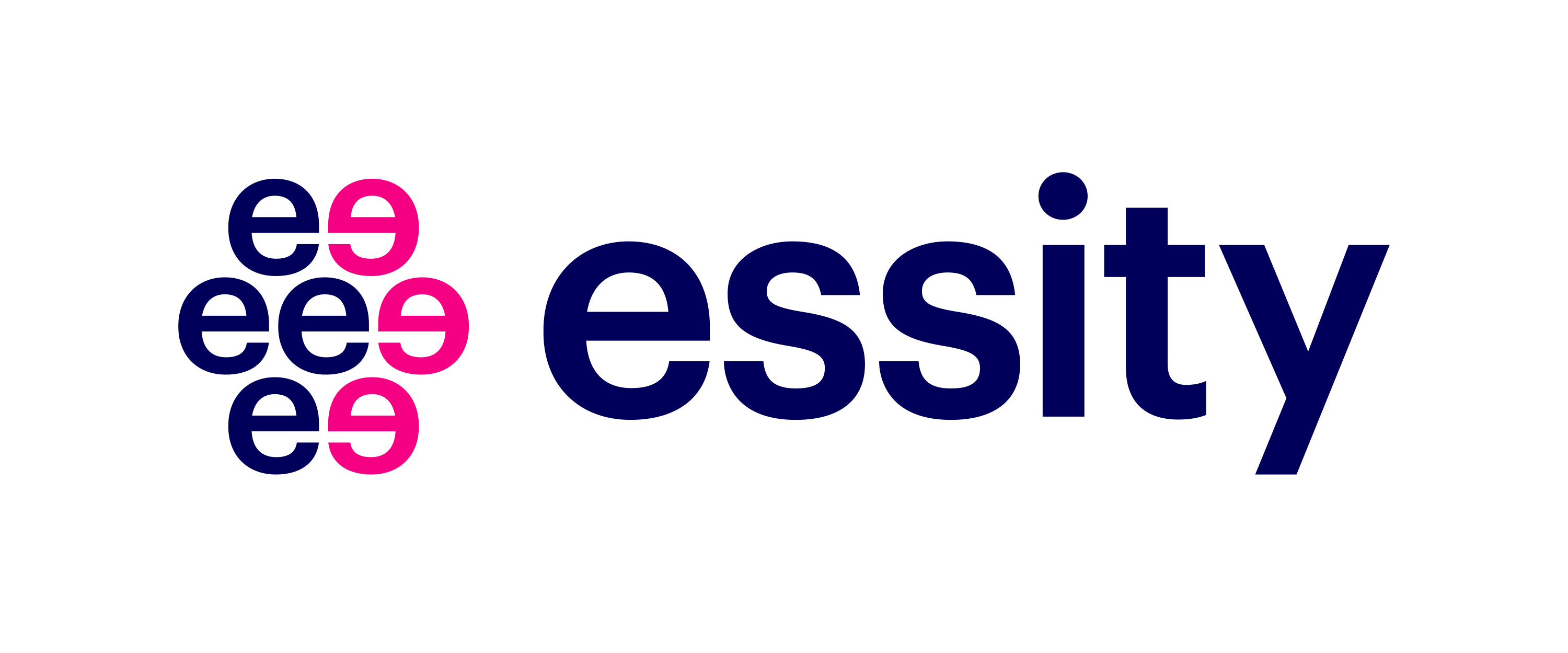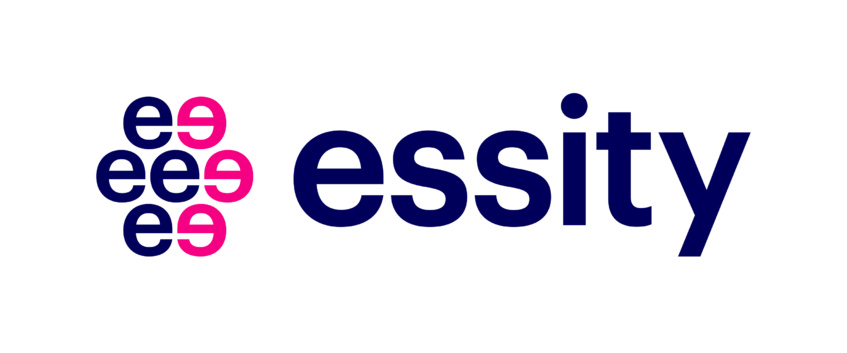We are constantly gathering insights as a global leader in hygiene and health to help us break down barriers to well-being and contribute to inclusive, stigma-free societies. This time, we interviewed over 15,000 people from 15 countries about the disparity between their current behaviors and attitudes toward well-being and how they want to live in the future.
The key finding of the survey is the link between physical and mental well-being. Our hygiene solutions, educational initiatives, and collaborations aid in the reduction of shame and social exclusion while also improving physical and mental health.
Essity is researching the future of well-being to find solutions for a healthier next generation. A key component of this effort is the Global Hygiene and Health Survey.
Our new lifestyles place new demands on the well-being and support we require as we look ahead.
One-third want to be less concerned about their future well-being in order to focus on more positive aspects of their lives, such as their dreams and family. There is still work to be done, as two out of every three people face barriers to living a healthier lifestyle, the most common of which are time and motivation.
The key finding of the survey is the link between physical and mental well-being. Our hygiene solutions, educational initiatives, and collaborations aid in the reduction of shame and social exclusion while also improving physical and mental health.
Essity is researching the future of well-being to find solutions for a healthier next generation. A key component of this effort is the Global Hygiene and Health Survey.
Our new lifestyles place new demands on the well-being and support we require as we look ahead.
One-third want to be less concerned about their future well-being in order to focus on more positive aspects of their lives, such as their dreams and family. There is still work to be done, as two out of every three people face barriers to living a healthier lifestyle, the most common of which are time and motivation.
- 67% say the most difficult obstacles to living a healthier lifestyle are time and motivation.
- 34% consider pain and discomfort to be the most important aspect of their daily well-being.
What ranks foremost for most people
- Financial security and healthy relationships are ranked first on the list of essentials for people's well-being, followed by an active lifestyle and belonging to a community. One-third of people consider pain and discomfort to be critical. Females place a higher value on healthy relationships, diet, and being pain-free.
- Females place a higher value on healthy relationships, diet, and being pain-free.
- As you get older, you put more emphasis on health; as you get younger, you put more emphasis on positive body image and work-life balance.
- In cities, a healthy diet, a work-life balance, and an active lifestyle are more important than in rural areas.
- In European countries, being free of pain and discomfort is a top priority.
- Physical activity is important in all countries. In the Netherlands, Australia, and the United Kingdom, low stress is more important.
Changing priorities through stages of life
You should focus on the mental and social aspects of your personal well-being during adolescence.
As you get older, your priorities shift to living an active life full of activism, work, and relationships. Parenthood is about security, both in your work life and financially, to ensure that you have enough rest and recovery time.
Middle age is about being able to rest and recover, eating healthily, and being a part of a community. As you get older, it becomes more important to have your basic needs met, such as being free of pain and discomfort, not being lonely, and having enough time to rest.
Of sound mind
- Females are more focused on improving their mental well-being than men
- Young want to focus more on their dreams, self-love, and acceptance - older want to focus on connecting with friends and family
- Self-motivation is the main barrier to living healthier, followed by self-control and time.
- Most countries, particularly South Africa, Australia, and Brazil, are concerned about affordability.
- People in urban areas are more likely to report encountering more barriers across the board;.
- India and China are concerned about affordability, access, and knowledge.
Of sound health
- People want to prioritize regular exercise, a nutritious diet, and adequate sleep.
- People generally believe they are as healthy as others, with the exception of their parents, whom they believe are more or equally healthy.
- 31% believe they are healthier than their siblings, parents, friends, or the general public on average.
- The younger you are, the more likely you are to say that living a healthier lifestyle presents challenges.
Focus on hygiene
- Personal hygiene is a priority in France, India, and Mexico, while European countries worry the least.
- Despite the fact that half believe they are equally hygienic, two-fifths believe they are more hygienic than the general population.
- On average, 29% believe they are more hygienic than their relatives, parents, friends, or the general public.
- A lack of self-motivation is the most common barrier to better personal hygiene for one-third of people. • Younger people are more likely to report obstacles to better personal hygiene.
Summary
Summary
- As our lifestyles and environments change, so do the support systems we need to maintain our physical and mental health.
- We are constantly changing, and as a result, our bodies no longer look, feel, or react the same way they used to. We want to nourish both our physical and mental needs in order to live as healthy a life as possible.
- Our way of life, on the other hand, is creating new needs that we haven't previously met. Needs that put new strains on our health and the assistance we require.
- Individual well-being is being prioritized over communal aspects of well-being such as a sense of belonging and activism, in addition to basic needs such as safety, food, and sanitation. Personal identity is losing importance as the emphasis shifts to well-being.


 Essity global surveys sheds light on future of personal care
Essity global surveys sheds light on future of personal care





 Companies
Companies